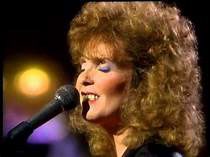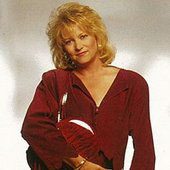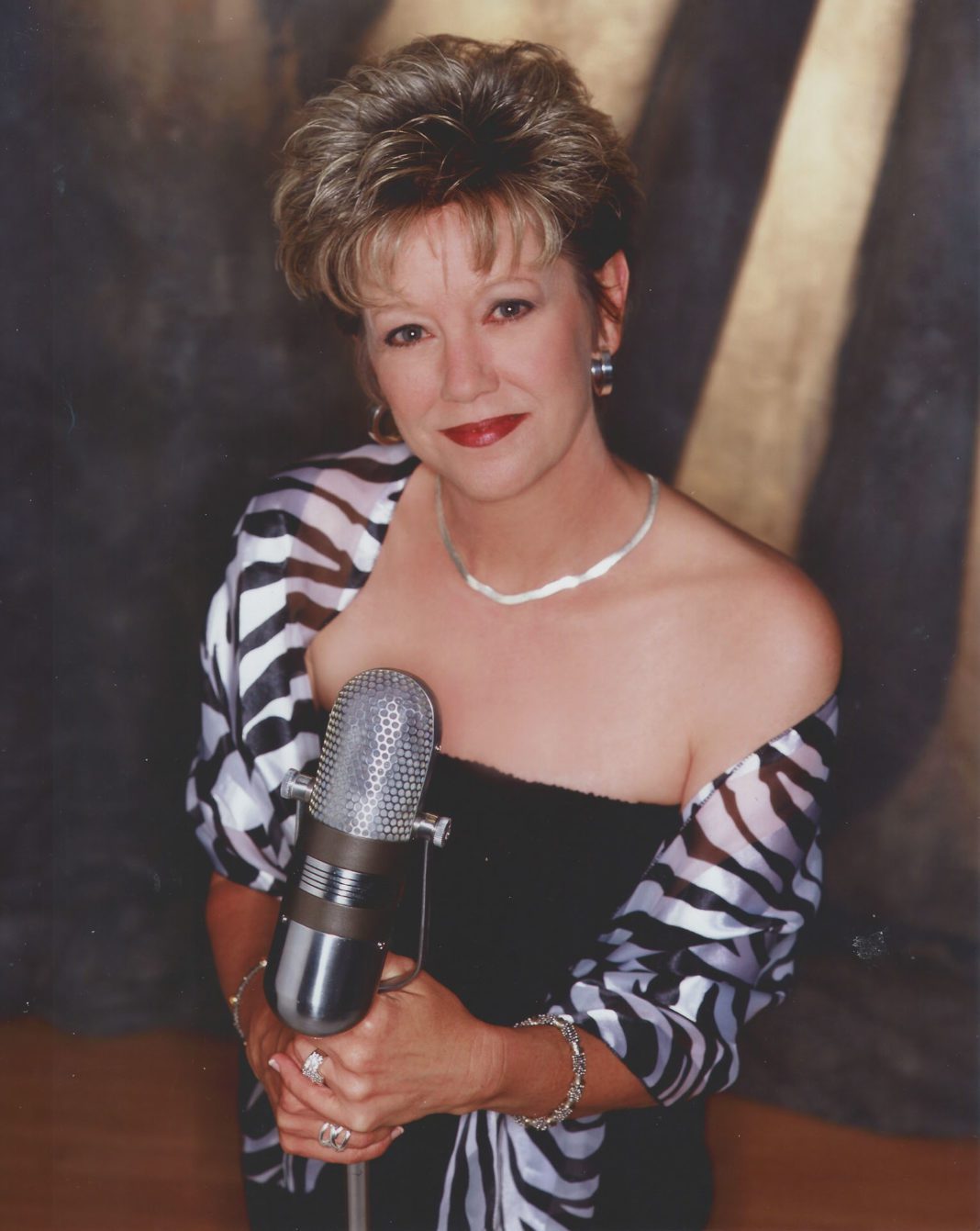Those of you who regularly visit this space know that I’ve written a great deal about that elusive musical genre known as the classic Tulsa Sound. It’s something I first started researching in earnest almost four decades ago, when I went to work for the Tulsa World newspaper as an entertainment writer, and it’s been a continuous source of fascination for me ever since. Along the way, I’ve gotten to know many of its practitioners – some of whom have dismissed it as just a bunch of hooey, and others who not only disagree with that assessment, but have very specific, concrete ideas about what it was and is.
After all those years of studying and writing and listening and interviewing and thinking, I’ve just about come to the conclusion that the classic Tulsa Sound simply boils down to a brotherhood, created and perpetuated by a group of area musicians who played in each others’ bands, came out to see and support one another, soaked up similar musical influences, and became, in effect, brothers in arms, each giving his own spin to their unique collective sound.
I called it a brotherhood. After talking with Brenda Cline, however, I realize it was a sisterhood as well.
On May 15, Cline’s event – called Women of Song – is scheduled to take place at the Cain’s Ballroom in Tulsa. A fundraising show for what she describes as “a multi-tier project” that includes a recording and music video spotlighting 20 female artists from Oklahoma, along with a documentary film, this initial event focuses on three top Tulsa performers who first made their marks in the ’70s and ’80s: Gus Hardin, Debbie Campbell and Betsy Smittle.
The reason Cline started her whole project with that trio, she says, is that none of them are still with us, and she doesn’t think they should be forgotten. So their music will be presented as a tribute by others, including musicians who actually performed with them decades ago.
“I just felt that in order to keep the authenticity of the Tulsa Sound, for this particular show, I wanted the real players that were back there in the day, in the ’70s and ’80s, performing at certain clubs like the Nine of Cups, Magician’s Theatre and Boston Avenue Market – as they called it, the Devil’s Triangle,” she says with a laugh. “To get everybody to agree to perform, I promised them we’d keep it authentic, about the Tulsa Sound and that certain era. I told them, ‘If you’re not on Medicare, you can’t be on the stage.’”
(In the interest of full disclosure, I should say [a] that Brenda Cline asked me to emcee this benefit, which I’m happy to do, and [b] I’m on Medicare.)
Cline, who spent 30 years in Nashville as an artist manager and record-label executive, returned to her home state in 2015. Well before that, however, she had begun an annual Oklahoma-centric event dubbed the Tulsa-Nashville Transplant (or TNT) Celebration.
“I was inspired to do that because I was so homesick for Oklahoma,” she explains. “All of a sudden, I realized that some of my best friends, people I’d know for a long time – like Don White and Becky Hobbs – lived in Nashville. Then I went to a club one night, and it was filled with Okies. Everybody was having such a great time that it just fed my soul. And I thought, you know what? I’m going to put on a reunion.
“I didn’t really expect anything. It was supposed to start out as a backyard barbecue, and it just got bigger and bigger. That’s when I got to know Betsy. She came in and performed on Gus’s set.”
Betsy Smittle, who passed away from cancer in 2013, was best-known as a bassist and singer in her brother Garth Brooks’ band, Stillwater. But before that high-profile job, she spent considerable time working with Gus Hardin on the Tulsa club circuit. Later, in the early ’90s, she recorded a solo disc called Rough Around the Edges as simply Betsy.
Hardin went from the Tulsa venues, where she was known primarily as an R&B- and rock-influenced vocalist, to country-music stardom with RCA Records. Her first single, 1983’s “After the Last Goodbye,” went Top 10 on the country charts; a year later, her duet with Earl Thomas Conley, “All Tangled up in Love,” was another major hit, helping her become the Academy of Country Music’s Top New Female Vocalist for ’84.
In the late ’80s, she returned to Tulsa and the area’s live music scene, making her home around nearby Lake Hudson. She died in an automobile accident at the age of 50.
In 2019, Debbie Campbell became another cancer victim. Her long career had began in her hometown of Fort Worth, Texas, with an all-girl band called the Kandy Kanes. In the early ’70s, she was a vocalist with the major-label band Buckwheat, appearing on three of the group’s discs, and then recorded as a solo act for Playboy Records, scoring a minor hit with 1975’s “Please Tell Him That I Said Hello.” Around that same time, she relocated to Tulsa, where her work, notably with Rockin’ Jimmy Byfield and the Brothers of the Night, led to recordings and overseas touring.
For the last four decades of her life, Campbell performed and recorded in a number of genres, including jazz, pop, country, blues, and contemporary Christian music.
Cline hopes that by focusing on these three influential performers, all well-known to those who follow the classic Tulsa Sound, she’ll raise the awareness for the living female artists she chose for her multi-level Women of Song project.
“The women on this are all ages, all genres, all career levels,” she notes. “Some are hall of famers, some are just breaking artists trying to make it happen. Some could be the next big stars. Who knows? But I thought, ‘Let’s start with a fundraiser that’ll bring attention to this project. Let’s honor these three women who deserve to be honored for their career achievements and their talent.’ And they just happen to all be Tulsans.
“The inspiration for all of this is women supporting women,” she adds. “Doing this first occurred to me while I was still working in the music business in Nashville. Through the business, I saw how difficult it was for women to make any headway. Things have changed in the past few years, and they’re slowly turning around, but at that time, women weren’t getting heard on radio, they weren’t getting played, and everyone was complaining. It was a sad state of affairs.”
Then, she says, she came home to Tulsa to attend a reunion concert by Ann Bell, another of the top Tulsa Sound artists (who is also one of Cline’s 20 Women of Song). She’s known especially for her work with Leon Russell and Joe Cocker.
“I went back to Nashville, and I was talking about this event – and people didn’t know who Ann Bell was,” she recalls. “That really got me thinking. I can’t tell you how many times over the years I’ve talked about Leon Russell and nobody knew who he was, either. Being Oklahomans, we just kind of take these things for granted. They’re our legends and our heroes. Leon is known in musicians’ circles, of course, but the general population doesn’t know him.
“So I began thinking that there is so much talent in Oklahoma. There always has been, and there always will be. And with the idea of women supporting women, I thought of all the women out there working, and struggling, and entertaining – on the road, selling merchandise, recording – and the majority of them will never be heard.
“Not that I can help everybody,” she concludes. “But maybe I can help a few.”
For information on the Cain’s Ballroom event and the Women of Song project, visit womenofsongok.com.


Photos courtesy the John Wooley Collection


























